
Mainstream Online Web Portal
LoginInvestors can view their accounts online via a secure web portal. After registering, you can access your account balances, periodical statements, tax statements, transaction histories and distribution statements / details.
Advisers will also have access to view their clients’ accounts online via the secure web portal.
The Point
Quick, actionable insights for investors
Global Equities

Are we still catching cold when America sneezes?
Last week Pendal’s Samir Mehta argued that the US regional bank turmoil shouldn’t discourage investors from considering Asian bank stocks.
Clive Beagles, a senior fund manager at Pendal’s UK-based affiliate J O Hambro, has a similar view on British bank stocks.
“Many of the UK banks are posting returns on equity of close to 20 per cent in the first quarter,” says Clive.
“But they all trade at a discount to book value – some of them at 0.4 or 0.5.
“There’s an old assumption that when the US sneezes everyone else catches a cold, but I do slightly wonder if it’s going be different this time.
“If this is a crisis, it’s the first one we’ve had where the US dollar is going down rather than up.”
US dollar weakness could indicate that something different is going on from the usual global contagion, Clive argues.
It could be a sign of a period where the US is one of the slower-growing economies in the developed world rather than its traditional role as one of the fastest, he says.
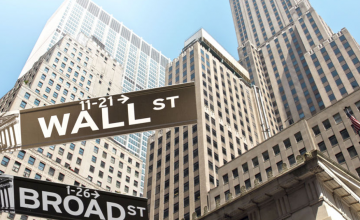
Why the value rotation still has years to play out
Quick view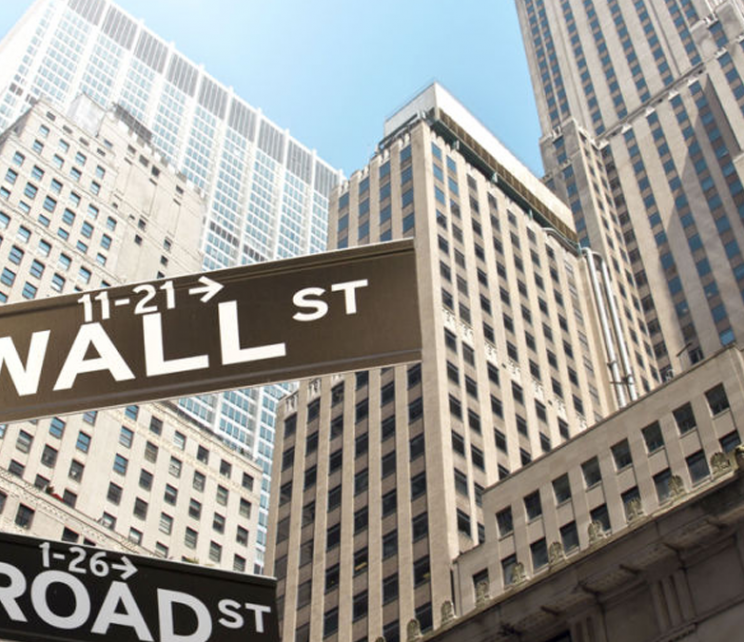
Why the value rotation still has years to play out
A rotation from growth to value will take years to play out for a generation of investors that has only known low interest rates, says senior fund manager Clive Beagles.
Many investors sold down high-growth stocks like the big US tech firms over the past year as higher interest rates reduced the future value of their earnings.
But despite a selldown that shaved trillions from market values, Clive believes investors are only at the start of a market re-orientation that could last up to three years.
“There’s a generation of fund managers who have only ever lived in a world of zero interest rates and very low discount rates – and it’s taking them a long time to recognise that this is a regime shift,” says Clive, a UK equity income manager with our London-based affiliate J O Hambro.

When you realise Apple is worth the same as the UK’s All-Shares index
Quick view
When you realise Apple is worth the same as the UK’s All-Shares index
IT’S easy to forget that newspaper headlines are designed to do only one thing: sell newspapers.
If anyone needed a reminder to look past the headlines, they need only look to the UK, says Pendal’s Clive Beagles.
The headlines have focused on the UK’s political instability, energy market disruption and the prospect of a recession.
Yet UK shares are the best-performing developed market in the world this year — and still offer strong value, healthy dividends and the prospect of growth, says Clive, a senior fund manager at Pendal’s UK-based asset manager J O Hambro.
Consider this: the 600-company FTSE All-Share Index trades at a similar market cap to Apple.
“It’s crackers. One is a two-product company — the other is an extraordinarily diverse index in all sorts of industries. And yet which one have investors got more money in?”

How inflation can hide stockmarket opportunities
Quick view
How inflation can hide stockmarket opportunities
Inflationary periods can be a good time to identify mis-priced stocks if you know what to look for, says Pendal’s Clive Beagles.
Pay attention to the difference between real growth and nominal growth rates of a company, says Clive, a UK-based equity income manager.
Real growth measures are adjusted for inflation. Nominal growth doesn’t adjust for price changes.
“Inflation has meant real growth forecasts have come down somewhat. But companies operate in a nominal growth rate world, and they’re still going to be high.
“Right now in the UK nominal growth could be 10 per cent — and that hasn’t happened since the 1980s.
“It’s a very different environment and people haven’t been focusing on it. Earnings could prove to be much better than people think because they are in nominal terms.”
In all markets it’s important to look at individual companies and decipher the split of revenue growth between inflation and volume, says Clive.
“If you can understand the split, you can identify companies that can pass through price rises, and those that might end up with strong revenue growth but no volume growth.”

Long-term investment strategies remain sound in Europe
Quick view
Long-term investment strategies remain sound in Europe
Despite recent volatility the fundamentals of investment in European equities haven’t changed much says Pendal Group’s Clive Beagles.
Clive Beagles has a message for investors in Europe: don’t panic.
The war in Ukraine is a human tragedy and has immediate implications for many commodities, says the senior fund manager from Pendal’s UK-based J O Hambro asset manager.
But considered long-term investment strategies remain sound.
It’s a particularly pertinent message given the rotation that had been going on since the middle of last year from large, tech-focused growth companies (often on Wall Street) to value stocks.
“For many years people wanted to invest in mega caps and growth stocks and not much else,” Beagles says. “And then late last year and into this year investors got the point of thinking about something else.”

Emerging markets: Is it time to buy Chinese stocks?
Quick view
Emerging markets: Is it time to buy Chinese stocks?
“It’s a question we’re getting asked by a lot of clients,” says Pendal Emerging Markets manager Paul Wimborne.
The MSCI China index has halved since its peak in February 2021. Falls of that magnitude in developed markets soon attract bargain hunters sowing the seeds of the next bull market. Does the same thesis hold for China?
“The answer to that question at the moment is no,” says Paul. “We think value in EM should be assessed very differently than the developed world.”
Companies such as Alibaba and China Mobile may look like they fit the value bill. But investors also need to be able to realise that value.
“In the developed world, you have three strong catalysts for the realisation of shareholder value: strong corporate governance, minority shareholder rights, and an entrenched culture of merger and acquisition activity.
“In the emerging world, we think these catalysts are often lacking.”

Emerging Markets: Why Indonesia is looking good right now
Indonesian stocks could outperform over the next 18 months on the back of high commodity prices, strong domestic demographics and supportive monetary policy, says Pendal’s James Syme.
Brazil, Mexico and the oil-rich Middle East have been this year’s EM standouts — and Indonesia is well-placed to join that list says James.
As a major coal exporter Indonesia is benefitting from a shortfall in production and higher prices. Indonesia is also a leading exporter of palm oil, which is in demand due to disruptions to the edible oil trade from the Russia-Ukraine war.
The south-east Asian nation is also a significant exporter of metal ores, principally nickel.
And the world’s fourth most populous country is also rapidly urbanising with a burgeoning middle class.
“It has been a difficult year for a lot of countries, but Indonesia seems to have the right natural resource endowment and policy mix to relatively prosper,” says James.

Emerging markets: Countries likely to weather the storm
Quick view
Emerging markets: Countries likely to weather the storm
Declines in emerging market stocks over 2022 offer the potential for strong gains once the US rate-rise cycle peaks, says Pendal’s James Syme.
“Over the long run, in US dollars, emerging markets equities return a significant premium to the developed markets,” says James, who co-manages Pendal’s Global Emerging Markets Opportunities fund.
This year’s decline, while significant, is smaller than past sell-offs in emerging markets, says James.
EM investors will be watching for a change in direction from the US Fed and a weaker dollar; improvement in China’s economy and an easing in the Russia-Ukraine war.
As things turn around, investors should stick with markets that have best weathered the downturn – Latin America, South Africa, Southeast Asia and India.
“There are parts of the asset class that are doing OK – and the things you want to own when we get to the turn are the ones that are already winning.”

Emerging Markets: Is it time to invest in China again?
Quick view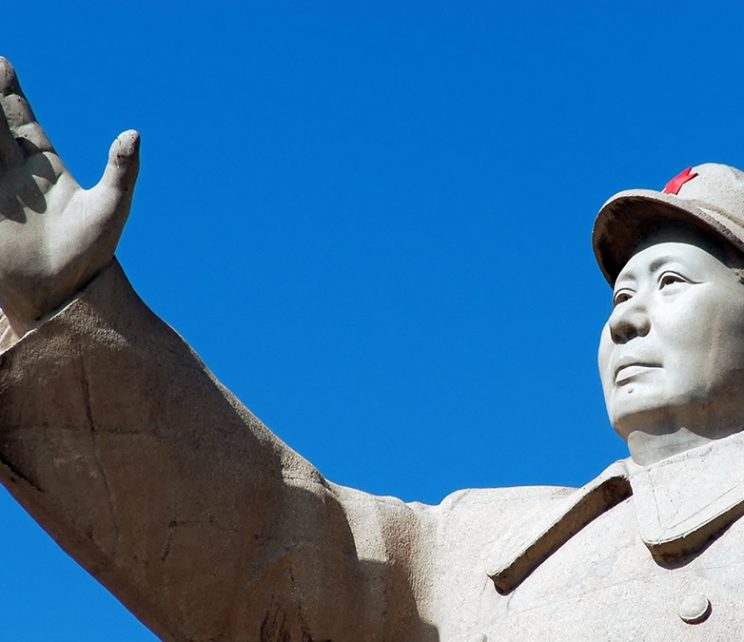
Emerging Markets: Is it time to invest in China again?
Is it time to think about investing in China again?
The world’s second-biggest economy remains in the strictures of Covid-19, as much of the rest of the world emerges and battles with high inflation and interest rates.
But in recent weeks there have been signs that things might be turning economically, says James Syme, who co-manages Pendal Global Emerging Markets Opportunities fund.
“To the end of April there was a real sense of doom and gloom around the Chinese economy and assets.
“But what we saw in the May data was clear evidence that some parts of the Chinese economy are doing better.
“I think we need to see more evidence of a fully-fledged recovery. But we are starting to see some evidence of change.
“We are not at the point where you look at the data and say you need to be overweight China, with a highly cyclical portfolio.
“But the things you want to see are starting to emerge, and that’s a shift.”

Emerging Markets: where to find growth in a volatile world
Quick view
Emerging Markets: where to find growth in a volatile world
The sometimes-overlooked markets of Latin America are a bright spot in a world worried about inflation, interest rates and war, says Pendal’s James Syme.
“In the first four months of the year, when global EMs were down 12 per cent, Latin American stock markets rose 11 per cent,” James points out.
“And it’s more than just a market move — the underlying fundamentals are looking pretty good.”
Latin America often flies under the radar, partly because its commodity-exposed economies are subject to boom-and-bust cycles that can leave investors vulnerable to swift capital outflows.
But in the face of global uncertainty economies like Brazil and Mexico are doing well.
“We’ve seen GDP growth expectations revised upwards as economic data comes in relatively strongly,” says James, who co-manages Pendal Global Emerging Markets Opportunities fund.
“While valuation alone is not an investment case, most of MSCI LatAm looks pretty reasonably valued in a world where a lot of assets don’t.”

Emerging markets look well placed to weather hike cycle
Quick view
Emerging markets look well placed to weather hike cycle
As the US Fed lifts rates, conventional wisdom says EM economies must keep pace to avoid capital outflows, putting a dampener on their economies.
But this time might be different, says Pendal’s James Syme.
“Our view is that EMs have been hiking hard for some time now — and it actually looks like it’s the Fed that is significantly behind the curve.”
For example, Brazil’s central bank has raised policy interest rates nine times since the first post-pandemic hike in March 2021.
“The implication is that if the Fed has to do 400 basis points in hikes, that doesn’t mean Brazil is going to have to.” The story is similar in South Africa and Mexico, says James.
There’s still a question as to why the Fed is moving more slowly than emerging markets.
“Maybe the Fed is right — maybe there’s much more deflation coming than we can see in trailing data.
“But if that’s the case, we could be getting to the top of EM interest rate cycles. If that’s true, maybe we can start cutting rates again.”
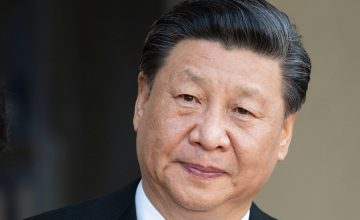
How Emerging Markets investors should approach China now
Quick view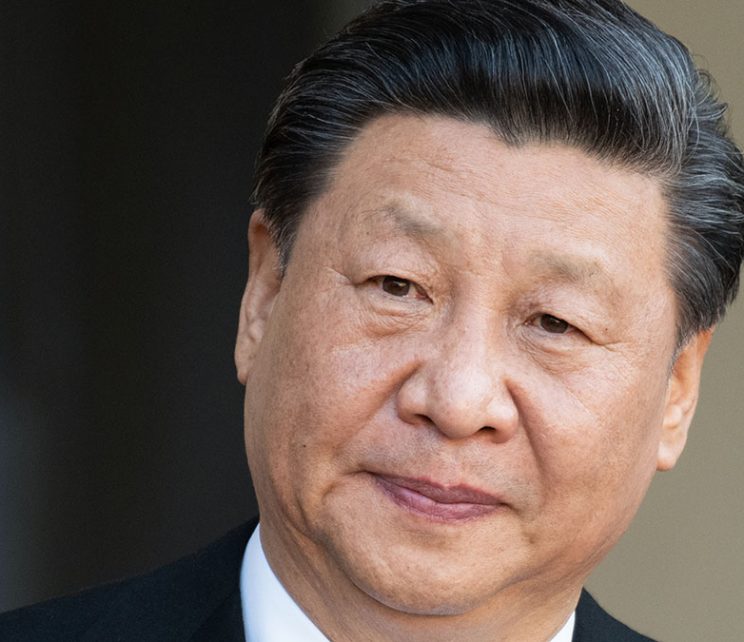
How Emerging Markets investors should approach China now
China’s economy grew at a better-than-expected 4.8% annual rate in the first quarter, despite pandemic lockdowns and tighter regulation on property developers.
But Pendal’s James Syme says a more telling figure may be the recent Purchasing Managers Index — a monthly survey of business activity which shows activity falling to its lowest levels since the height of the pandemic.
“We can only focus on the data and the PMI is a powerful guide to how problematic things are in China,” says James, who co-manages Pendal Global Emerging Markets Opportunities Fund.
Market nerves about China’s outlook mean some of its highest-profile and fastest-growing companies are trading at lower prices than they have for years.
But “cheapness alone is not a driver”, says James. “You need signs of positive economic or political direction.”
Investors should wait to see Beijing’s policy response to the slowdown before their next move, says James.
Loading posts...
Loading posts...














